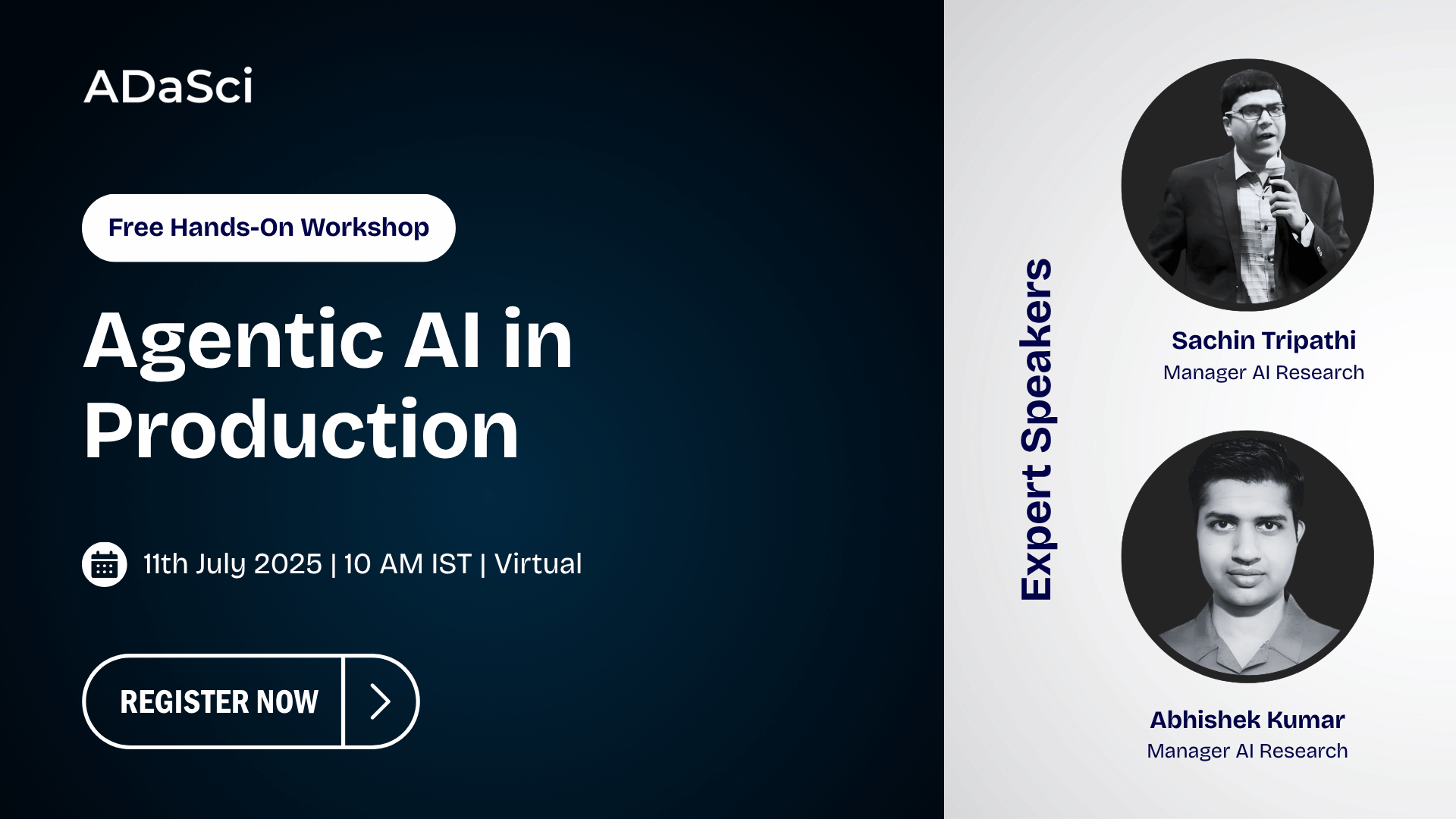Machine Learning Implementations Scrutinized With A Process Re-engineering Lens
Explore more from ADaSci
Abstract
Despite the advances in data acquisition, storage and algorithm capabilities, the impact of Machine Learning (ML) initiatives is sometimes debated across sponsoring units and organizations. While there is a possibility of the data and models not having the desired predictive value, there is a possibility that the desired business value is not realized due to improper implementation of the interventions from the predictions intended. We discuss the chronological nature of data richness and the increase in predictive capability, and conversely, there exists an inverse relationship between most effective interventions and the richness of data available for actionable predictions across process & product lifecycles. It thus becomes imperative to view ML implementations not as technology implementations but as Business Process Re-engineering initiatives to deliver the optimal business/process returns.





